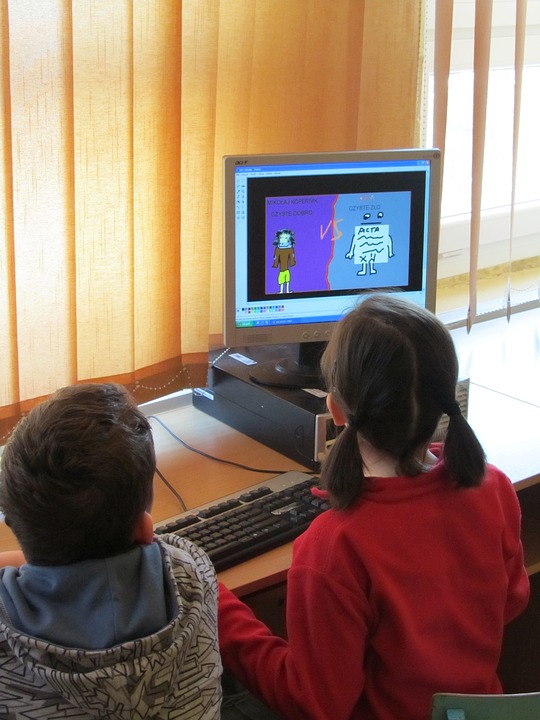Internet nowadays is a reality. And not that virtual. It is a world parallel to physical life, made of great potentials but also pitfalls. And as such, it must be known, analysed and exploited most correctly possible, so as not to undermine anyone’s rights. Especially for the weakest ones, like the kids.
Children are exposed to dangers especially when they do not know it. And for that reason, they are easy to target, especially via social media and internet. There are many educational programmes aimed at reducing threats to children on the Internet.
For example, recently, Google has launched the educational campaign “Be Internet Awesome”. Key topics: children and online safety. Four mini-games to convey the basic concepts to the kids. Each parent and teacher is aware of how important and complex it is to communicate to children the skills they need for a safe and risk-free net surfing.
- Interland is actually a puzzle that consists of four minigames. The first is called the Tower of Treasure and illustrates how to create sufficiently elaborate passwords to ensure protection against violations,
- Reality River submits ten multiple-choice questions to clarify ideas about the concept of online interactions,
- Kind Kingdom teaches that it does not engage in harmful behaviours and
- Mindful Mountain emphasizes the importance of sharing information solely and exclusively with trusted people.
On the web, the risk of spotting annoying people, or getting bogged down in things that can put you in trouble, is always present.
In any case there are many organizations and companies in the field of online security. And they are trying to face this problem from different perspectives. There are many specialized entities that contribute to help children, parents, families and educators to develop best practices in the use of the Internet.
For example, Save the Children, an international Non Governmental Organisation born to protect all Children’s rights, promotes various activities in making adults aware of the risks that children could occur in exploring the web by themselves.
So, there is an interesting list of suggested actions to take into consideration whenever children are approaching internet (addressed to children to be trained by an adult, of course). For example:
-
“Sometimes certain posts or contents are fun, other sad, other absurd and extreme, and you do not see anything bad about sharing them, maybe they are not really “real” either. But it’s not always a “game.” Watch out for these content, you can do things or happen things that have important consequences in your life and that of others. Do not give visibility, share, message with violent and extreme content. Maybe for you it’s just a joke, but other guys might be sick”.
-
“It’s great to have a lot of friends in social networks and get to know new ones, but keep in mind the privacy settings for your profiles: choose who to share your information with. Avoid having public profiles. But if at some point somebody gets you in trouble, annoys you or makes you strange requests, do not wait: block and report to the social network, the buttons to do so are always available. If you feel scared, talk to someone, do not keep everything inside, the solution might be simpler than you think”. […]
For more information, you can find everything on the web. Approaches, methods, educational programs to deal with the web intelligently and usefully, because as the real world, opportunities are such if they are seen, known and addressed. Consciously, also guiding the youngest to deal with life (including the digital one) in a responsible and correct way, so that they become the new and capable adults of the future.
Sources:
https://www.keepingchildrensafe.org.uk/members/nobodys-children-foundation
https://www.keepingchildrensafe.org.uk/search/node/internet
http://www.safekids.com/contract_kid//
https://resourcecentre.savethechildren.net/keyword/onlineinternet-safety
https://www.savethechildren.it/blog-notizie/blue-whale-10-consigli-ai-ragazzi-navigare-sicuri
